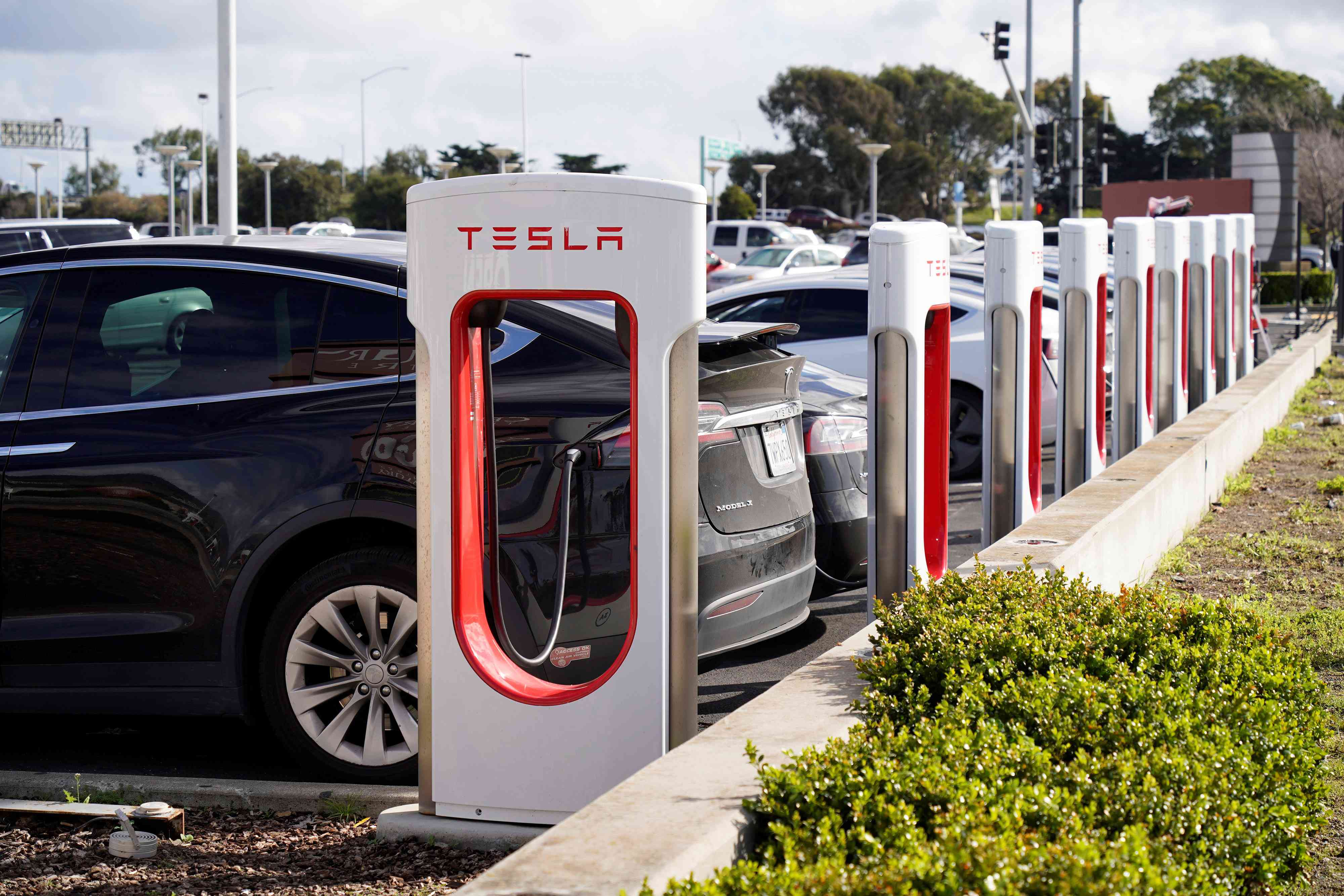
Key Takeaways
- Federal transportation regulators have opened an investigation into Tesla’s moves to resolve concerns about the electric vehicle (EV) maker’s Autopilot system.
- Tesla agreed to a recall of some 2 million vehicles in December after the National Highway Traffic Safety Administration (NHTSA) cited several accidents they said were directly related to use of the self-driving feature.
- The carmaker said it had fixed the issue with a software update, but NHTSA argued post-remedy events and tests suggested problems remain.
Federal transportation regulators have opened an investigation into Tesla’s ( TSLA ) moves to resolve concerns about the electric vehicle (EV) maker’s Autopilot self-driving system.
The National Highway Traffic Safety Administration (NHTSA) announced its Office of Defects Investigation (ODI) was launching a “Recall Query” because of concerns about “post-remedy crash events and results from preliminary NHTSA tests of remedied vehicles.”
Tesla agreed to the recall of some 2 million EVs in December following a series of 13 accidents, causing at least one fatality. Officials said “foreseeable driver misuse of the system played an apparent role” in those incidents.
Tesla had explained that an over-the-air software fix resolved the issues. However, NHTSA pointed out that the carmaker “has stated that a portion of the remedy both requires the owner to opt in and allows a driver to readily reverse it,” and that Tesla provided “non-remedy” updates. Officials noted the probe was initiated “to further evaluate the adequacy of the remedy for recall.”
Last week, Tesla ordered a voluntary recall of almost 4,000 Cybertrucks because of an issue with the accelerator pedal.
Shares of Tesla were little changed as of 11:30 a.m. ET Friday but have tumbled this year as falling demand for EVs hurt sales. The stock price earlier this week fell to its lowest level in more than a year, but rallied somewhat after Chief Executive Officer (CEO ) Elon Musk announced plans for the company to build a lower-priced car. However, shares remain down about 30% so far in 2024.

